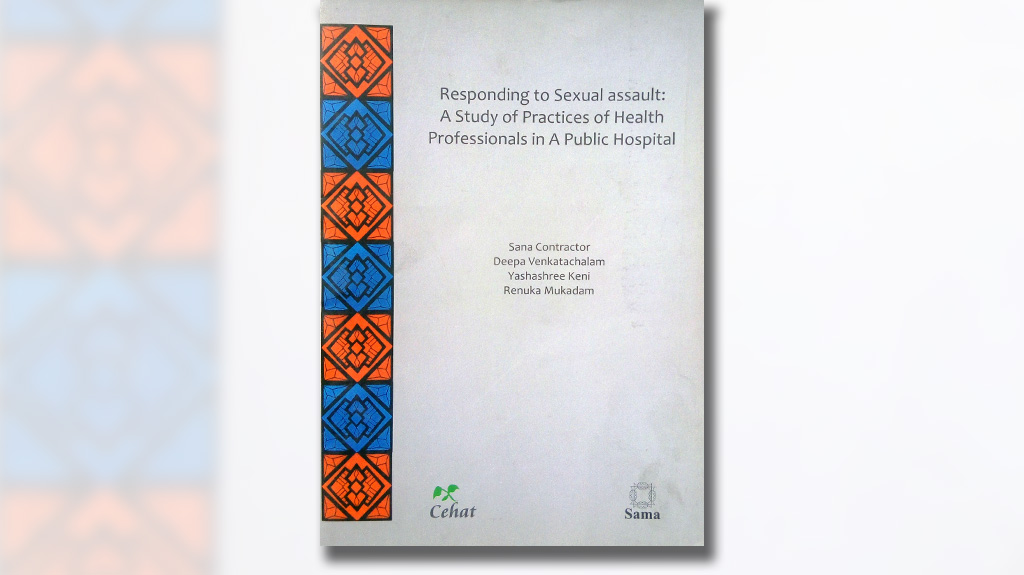Sana Contractor, Deepa Venkatachalam, Yashashree Keni, Renuka Mukadam
2011 | CEHAT, Sama
This research report is based on the study conducted in 2011 by Sama along with Cehat, a Mumbai based organization. The report highlights various existing gaps in the medico-legal and therapeutic response of the hospital to the survivors of sexual assault.
The role of the health professionals and health system in responding to sexual assault has been afflicted with gender insensitivity and biases. Rape as an issue which galvanized the Indian women’s movement in the decade of 1980’s led to the changes in the law pertaining to rape, and also raised concerns over the response of health professionals in collecting medical evidence in cases of rape. The gender biases of health system are seen to be reflected in their attitude and perspectives on the issue of sexual violence while responding to a survivor. The practice of two finger test is one such concrete example when the doctors while examining the girls and women survivors of rape document their past sexual history and comment on the ‘character’ of the women and girls. Through years of women’s movement activism, the two finger test has finally been rendered immaterial and irrelevant by the Supreme Court of India by one of its ruling in 2013. The biases however still continue and press for a greater engagement with health system and health care professionals on the issue of rape and sexual assault.
Sama has been actively involved in initiatives for developing perspectives and capacities towards recognition of violence as a public health and rights issue, and strengthening health sector response to survivors of gender based violence. This study is located within these initiatives of Sama, and it was aimed to understand the procedures followed and services provided at a tertiary level public hospital in cases of sexual assault, and examine them from a lens of gender and rights.
The study showed that there are several gaps in both the medico-legal as well as therapeutic response of the hospital. The study found that there are no uniform protocols for seeking consent, history, conducting examination, and evidence collection with regard to the medico legal role of health care providers. It pointed to lot of variations between the practices of various doctors at the hospital. The study also suggests that how health care providers, in cases of sexual assault, perceive their role to be largely medico legal rather than therapeutic.





